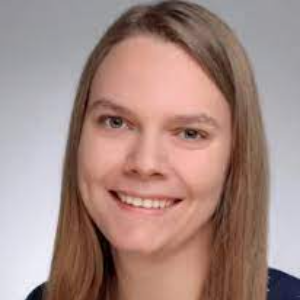Title : Synthesis of catalytically active filter materials via plasma-mediated method for application in electro Fenton process for degradation of pharmaceuticals
Abstract:
To this day conventional wastewater treatment plants are not able to eliminate all organic pollutants That is why the development of new technologies is necessary. An option that has shown promising results is the application of different advanced oxidation processes (AOP). They all produce highly reactive species like free hydroxyl radicals. Those are non-specific and can degrade almost all organic compounds into carbon dioxide, water and inorganic ions. One AOP, which has proven high reaction yields, is the Fenton reaction
In this study, a heterogeneous electro-Fenton approach is investigated. The catalytic iron-based material was produced via a plasma-mediated sputtering method. Different settings were applied during the sputtering process to optimize the deposited catalyst. The so produced iron oxide layers were coated onto carbon felt. Coated felts were then used as filters by applying them in a three-electrode set-up as working electrodes.
The process was applied to different pharmaceuticals as model pollutants and run in a flow through system. It was demonstrated that the active catalytic material is suitable for initiating a Fenton reaction and therefore causing a degradation of pharmaceuticals with remarkable performance. Additionally, it was found that the produced radicals do not only cause reactions at the electrode's surface but that reactions continue outside the flow through system as shown by recorded reaction kinetics. A pharmaceutical degradation of over 90% was achieved as well as the degradation of by-products.
The catalytic material was characterised via several different methods to determine morphology, structure and chemical composition. This way a relation between the characteristics of the material and its activity was studied. As such, our results show that precise control of synthesis parameters enable fine-tuning of the catalytically active material towards high pollutant degradation performance.
Audience take-away:
- Insights into plasma-mediated technology to produce catalytically active material
- About advanced oxidation procedures and their application in wastewater treatment
- Electro-Fenton processes and their advantages
- Degradation kinetics of pharmaceuticals


